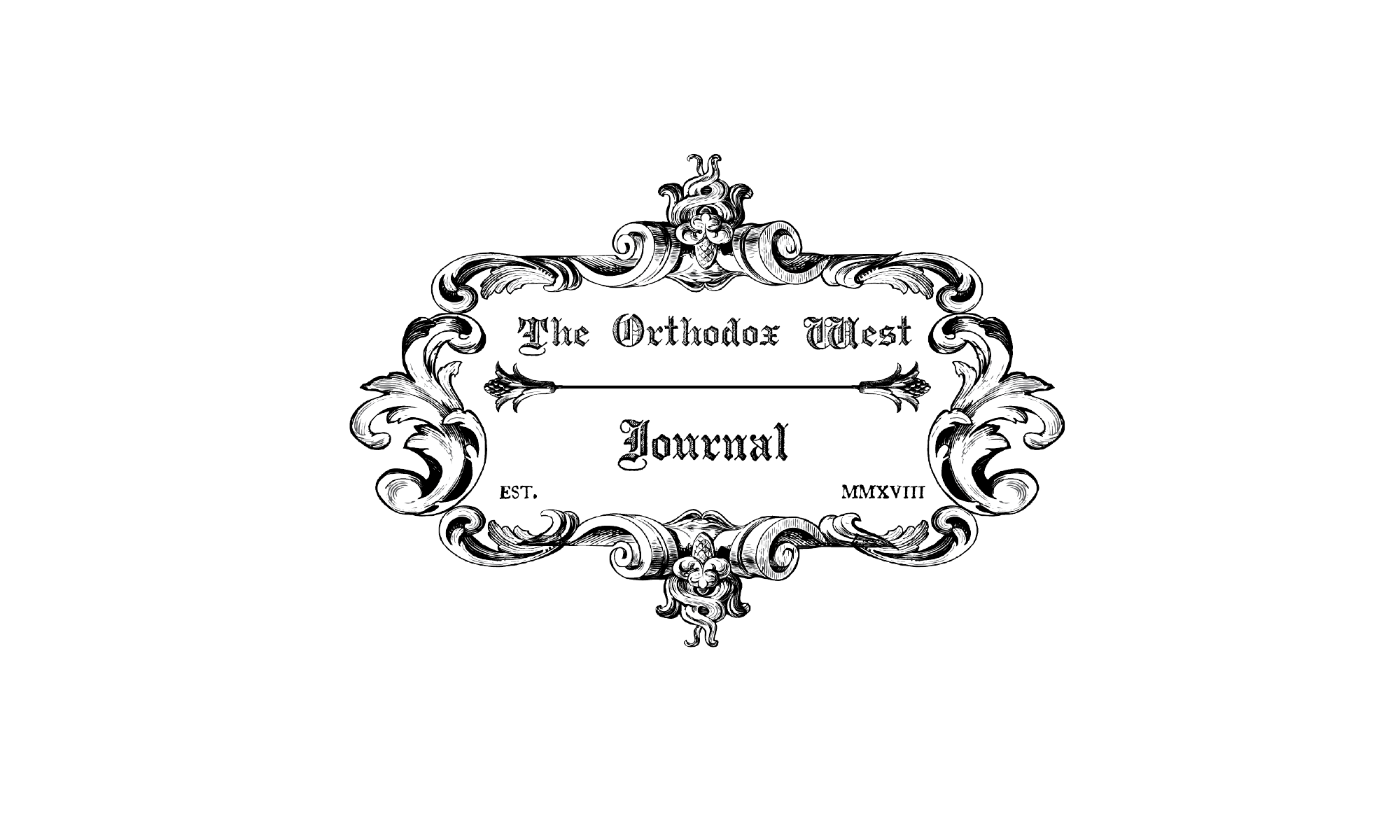Si fueris Romae, Romano vivito more; si fueris alibi, vivito sicut ibi.
“If you are at Rome, live in the Roman manner; if elsewhere, live as they do there.”
When St. Augustine arrived in Milan, c. 387 A.D., he observed that the Church did not fast on Saturday as did the Church at Rome. He consulted St. Ambrose, Bishop of Milan, who replied:
“When I am at Rome, I fast on a Saturday; when I am at Milan, I do not. Follow the custom of the Church where you are.”
I would like to argue that we live in the West, in “Rome” as it were, and should follow the customs of the ancient Christian West, of Rome.
Continue reading “2018 AWRV Conference Keynote”